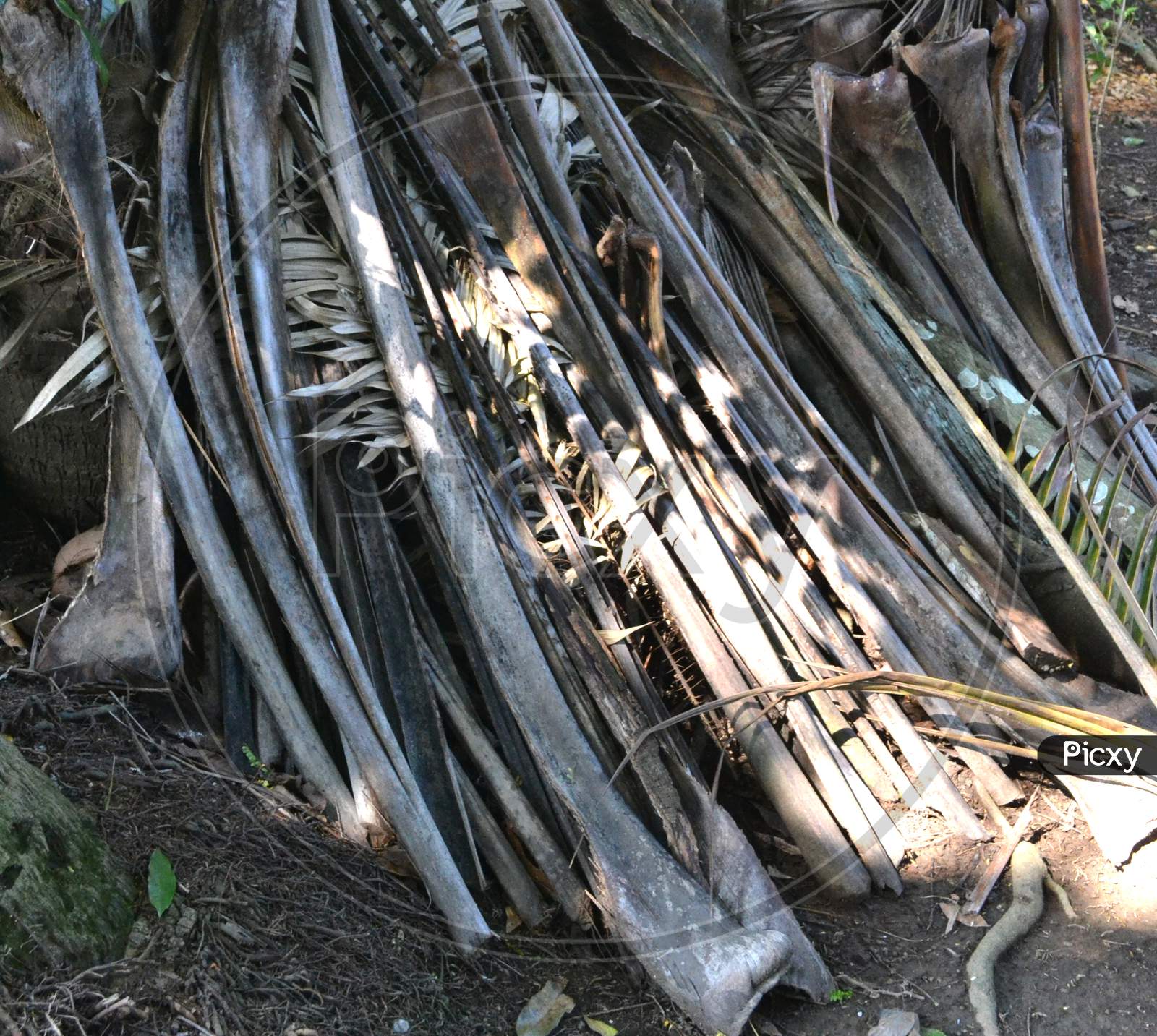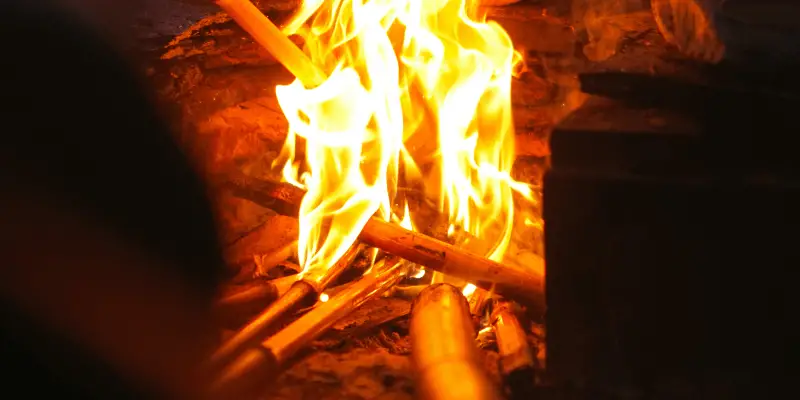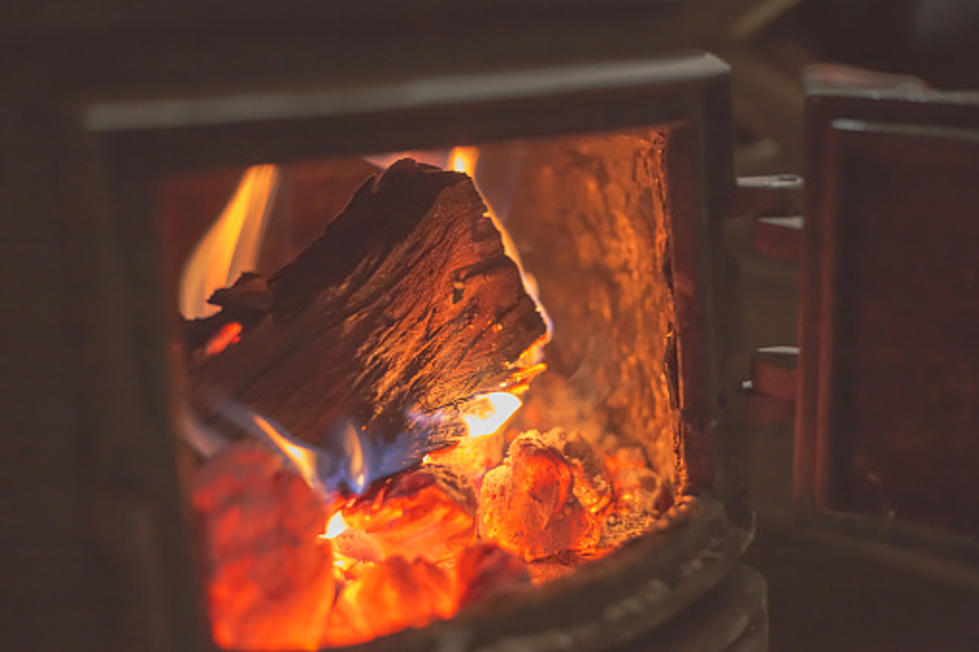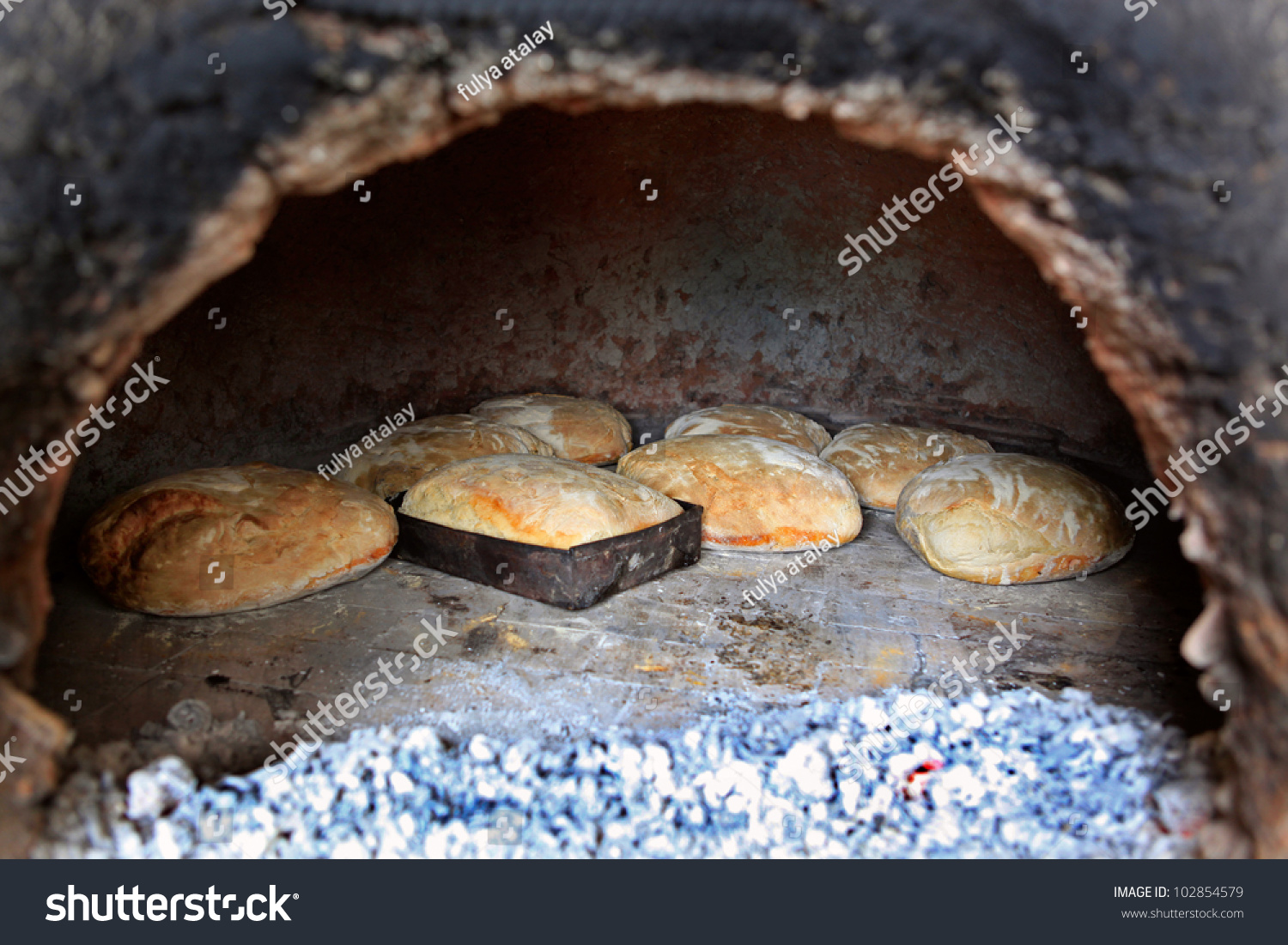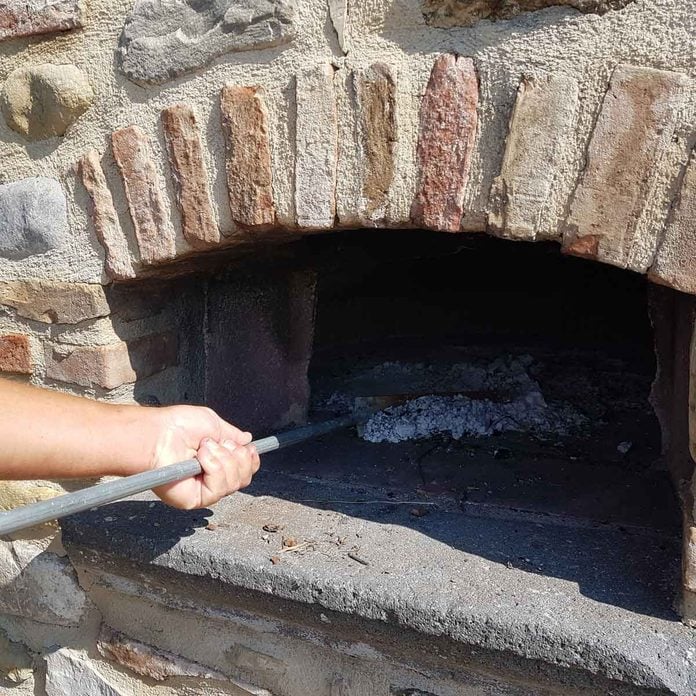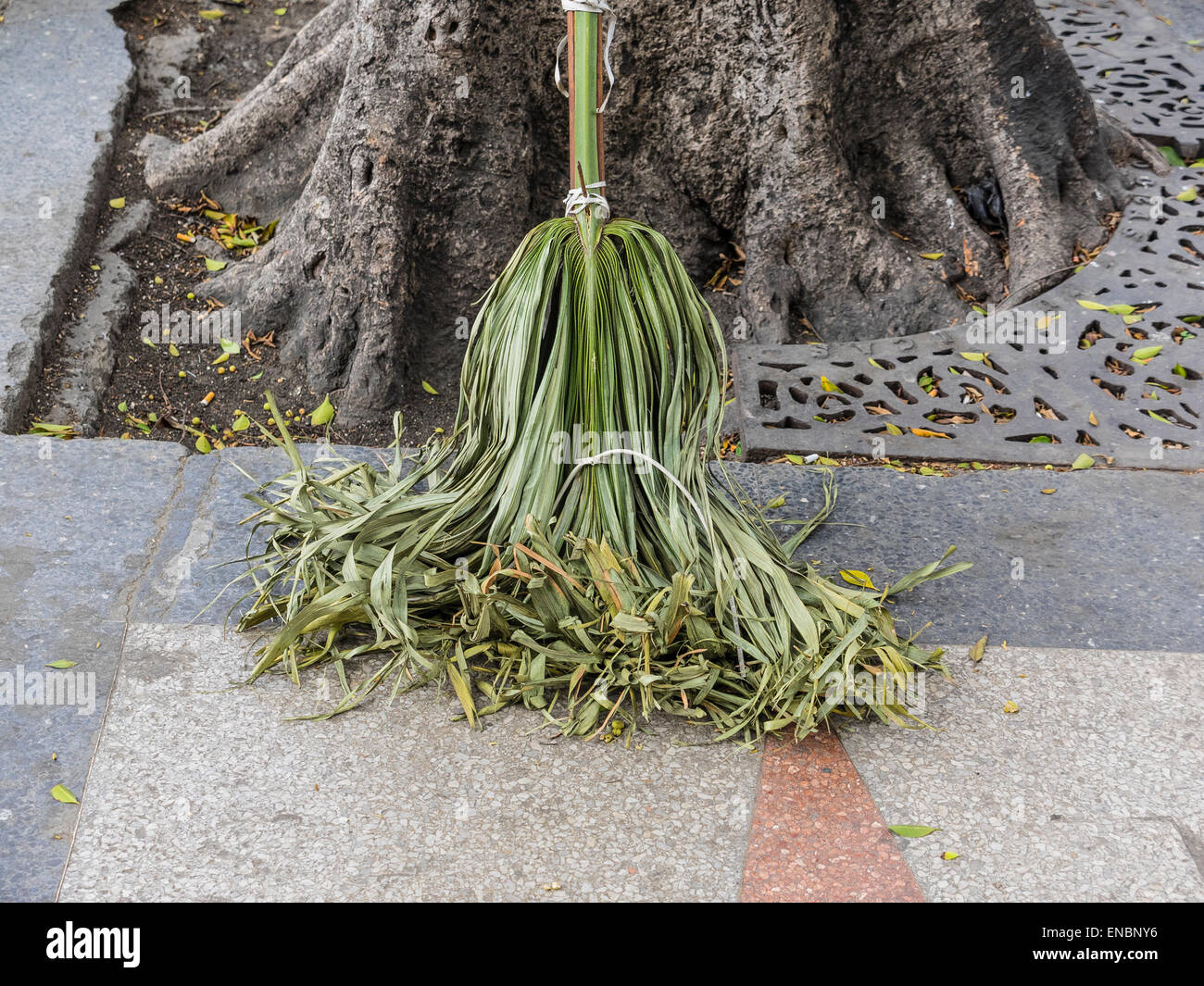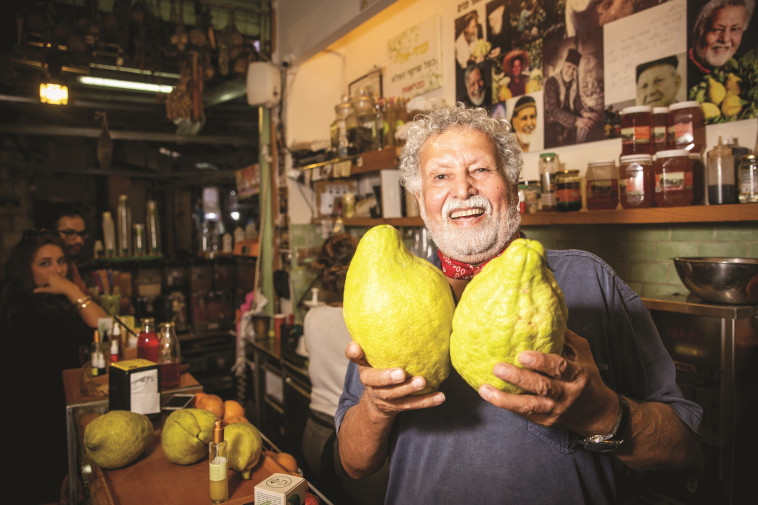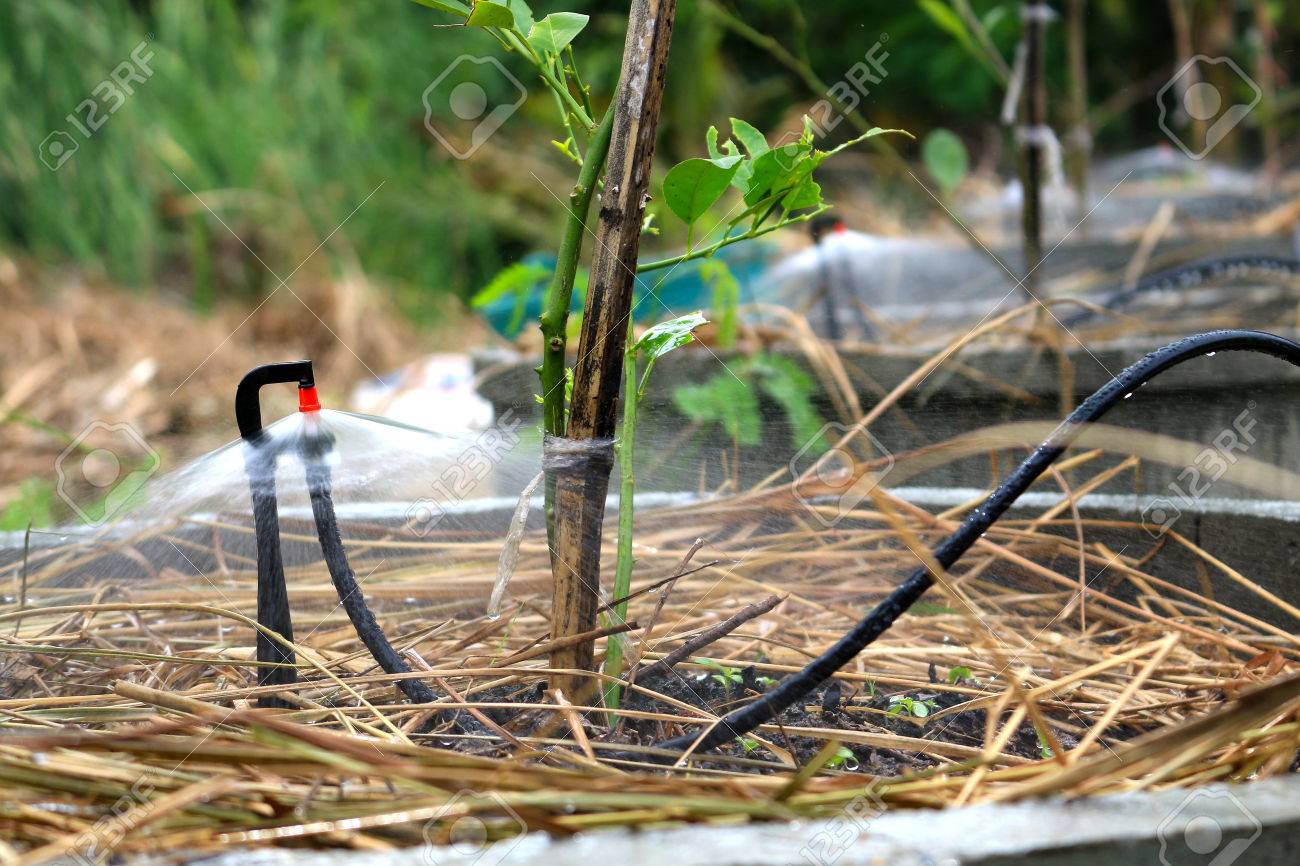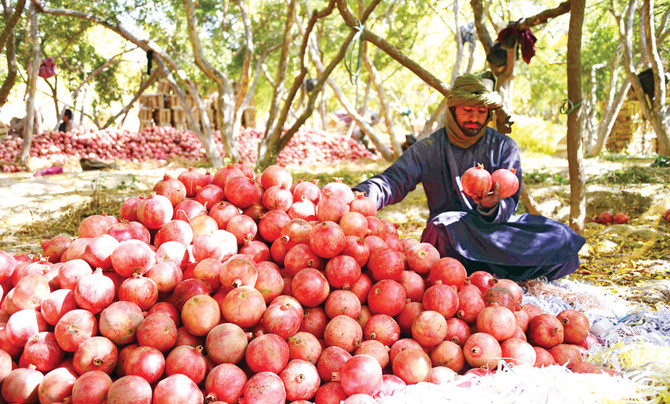BSD
Suka 40b
Tammuz 20, 5782. July 19th, 2022
1- The Shiur was about the general practice of פדיון and חילול.
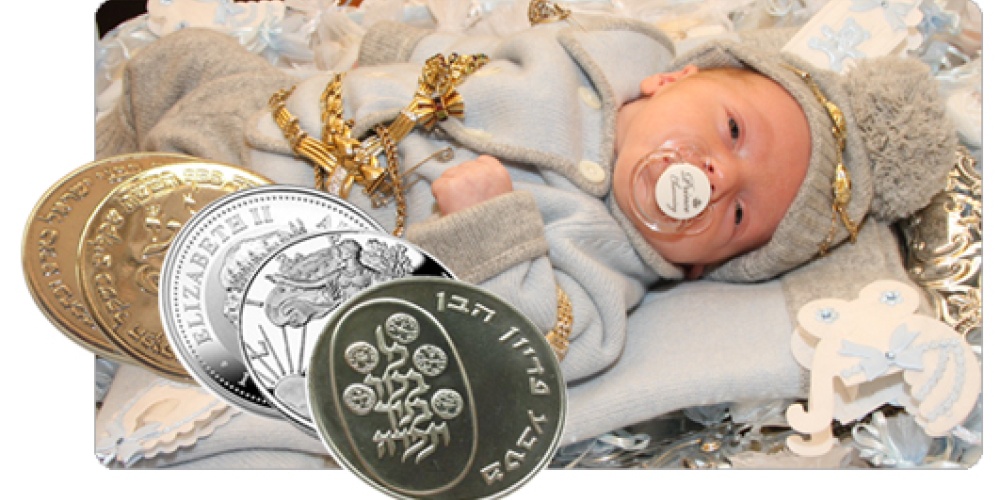
We spoke about this interesting process and why it works with some items and others not.
For example – fruits of מעשר שני can be ‘transferred’ to cash. תרומה and מעשר cannot.
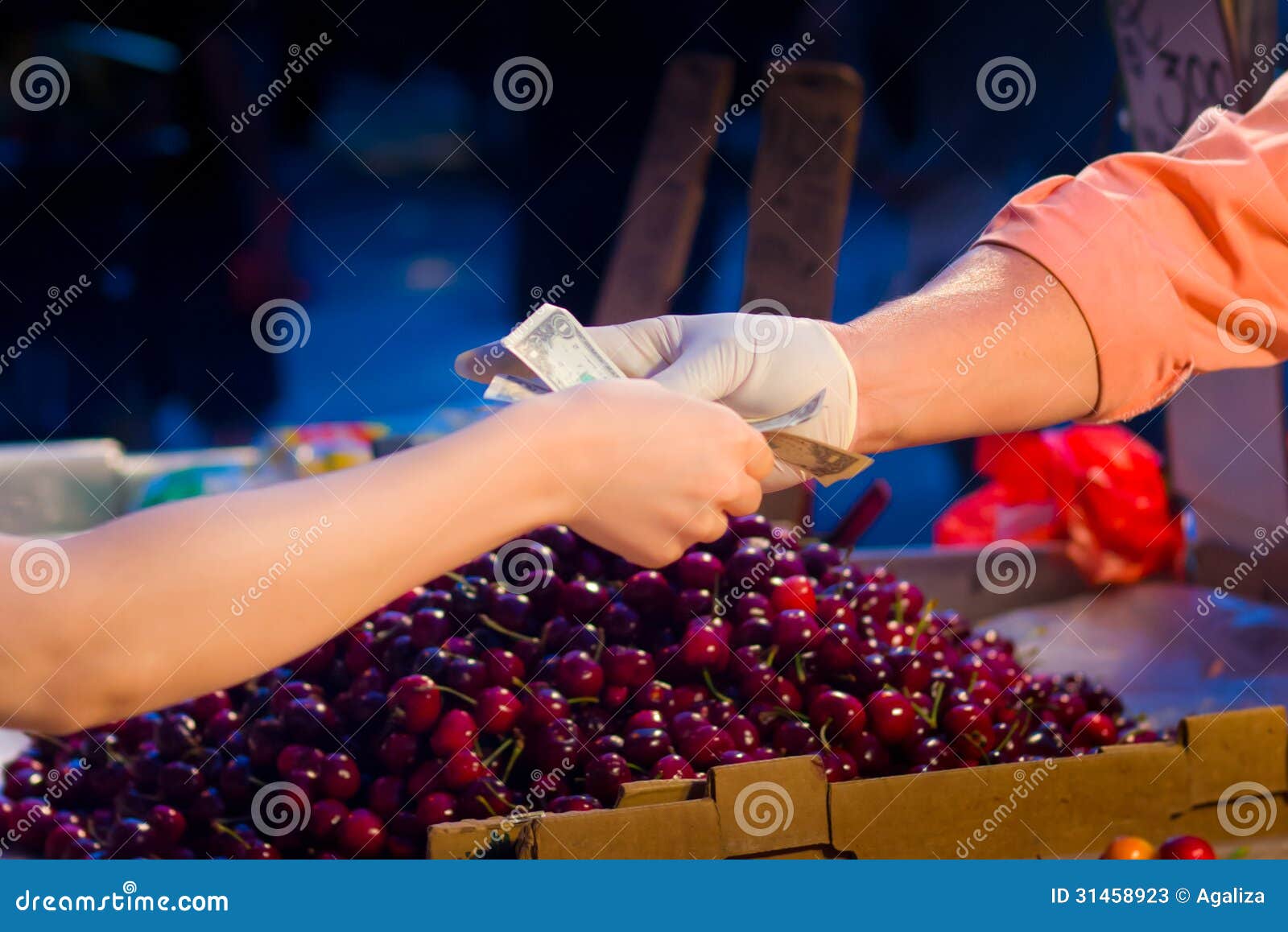
The קדושה of an animal designated for a קרבן cannot be transferred, but if has a blemish and was donated to בדק הבית it can be sold and the proceeds become הקדש.

2- We mentioned the interesting Halacha on the process of redeeming הקדש. Say someone living in South Dakota, donates a bracelet to הקדש. It can be to his Shul or בזמן הבית towards בדק הבית.

The גבאים of the Shul or הקדש opt to sell the bracelet and use the cash for whatever is needed in the Shul or בית המקדש. The process is that it needs first to be appraised properly, a value established and then sold. העמדה והערכה.
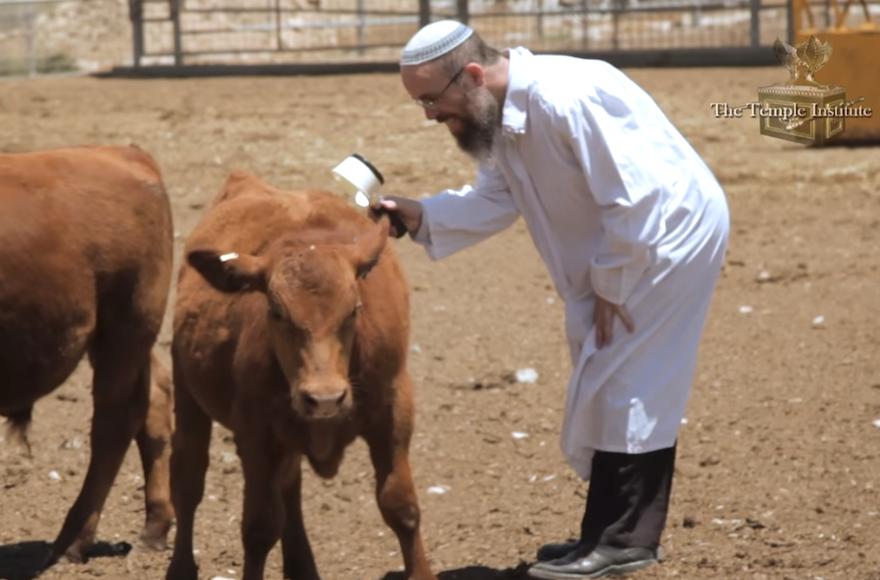
What if the donor insists that his gift not be sold now but rather during the gift giving holiday season where a better price can be obtained? Or if הקדש wants to send this bracelet to LA where a higher price can be fetched for it? In both scenarios הקדש will gain.
The Mishna in ערכין says (6, 5 ) that אֵין לַהֶקְדֵּשׁ אֶלָּא מְקוֹמוֹ וְשַׁעְתּוֹ. Meaning that the appraisal and sale of such items must to be done on location and time of the appraisal. The reason is that any delay may cause it never to be done.
היו בנכסים בהמה ועבדים ומרגליות ואמרו התגרים אם ילקח לעבד זה כסות בשלשים משבח הוא מאה. ופרה זאת אם ימתינו בה לאטלס משבחת עשרה. ומרגלית זו אם מעלין אותה למקום פלוני תשוה ממון רב וכאן אינה שוה אלא מעט. אין שומעין להן. אלא כיצד עושין מוכרין הכל במקומו ובשעתו כמה שהוא שנאמר ונתן את הערכך ביום ההוא קדש לה’ לרבות כל דבר של הקדש שאין מפרכסין אותו ואין ממתינין בו לשוק ולא מוליכין אותו ממקום למקום אין להקדש אלא מקומו ושעתו:
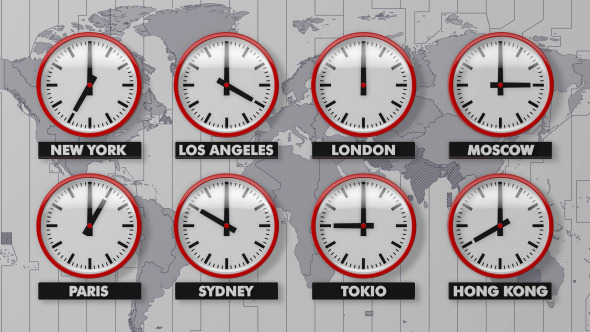
3 – In regards to שביעית פירות we know that it can be transferred to money or another food item.
The two process that work on הקדש are:
A- Simple חילול/ transfer. ‘May the קדושה of this object (that is )קודש, be transferred to this object’. The קודש object becomes חולין and the חולין object now becomes קודש.
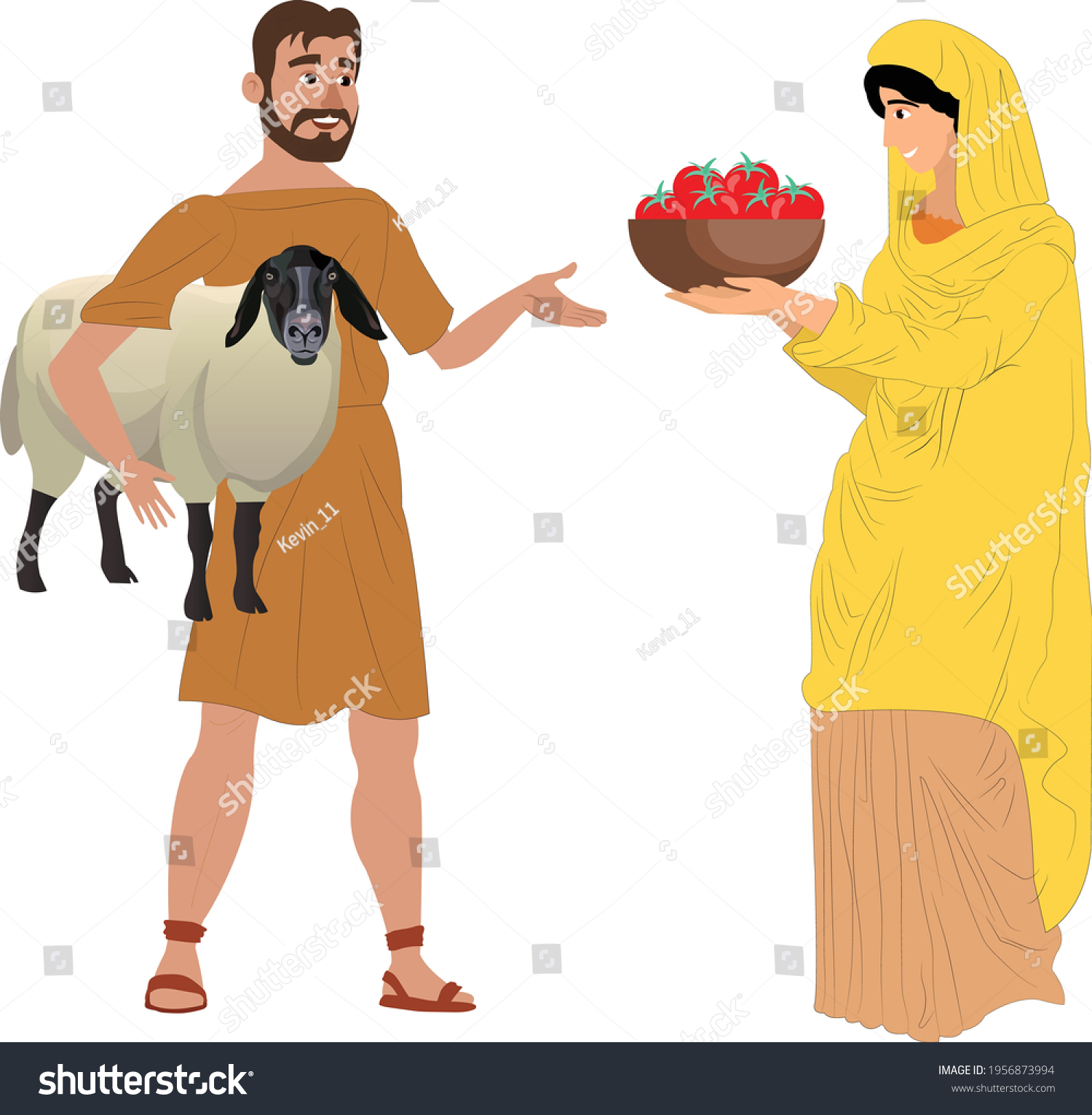
B- A sale of the an object that is קודש. The buyer pays the הקדש. The money becomes הקדש and the object becomes חולין.
The dispute in our גמרא between Reb Elazar and Reb Yochanan is what process works with פירות שביעית for this transfer to take effect. Only thru a sale or also with a simple in-house חילול.
4- Our Gemara has sharp words for one that does business with פירות שביעית. Rashi writes that in ערכין,
(30, b) the full version appears. See below.
5- We mentioned the vort quoted by Reb Elchanan, explaining the comparison of שביעית to הקדש, that he heard from יהושע זעליג from Klimovitch!
(More about Klimovitch here and here.
קובץ שיעורים ח”ב, כ.
—————————————————
From Sefaria :
As Rabbi Yosei, son of Rabbi Ḥanina, says in explanation of the juxtaposition of several passages in the Torah (Leviticus, chapter 25): Come and see how severe is even the hint of violation of the prohibition of the Sabbatical Year, as the prohibition against engaging in commerce with produce of the Sabbatical Year is not one of the primary prohibitions of the Sabbatical Year, and yet its punishment is harsh.
Rabbi Yosei, son of Rabbi Ḥanina, continues: If a person has commercial dealings with produce of the Sabbatical Year or of the Jubilee Year, ultimately he will become so poor that he will be compelled to sell his movable property, as it is stated: “In this Jubilee Year you shall return every man to his possession” (Leviticus 25:13), and it is written in the subsequent verse: “And if you sell something to your neighbor or buy from your neighbor’s hand,” which is referring to an item acquired by passing it from hand to hand. The juxtaposition of the two verses indicates that if one violates the halakhot of the Jubilee Year or the Sabbatical Year, he will eventually have to sell his movable property.
If he does not feel remorse and he does not repent, ultimately he will be compelled to sell his fields, as it is stated in an adjacent verse: “If your brother becomes poor and sells part of his ancestral land” (Leviticus 25:25).
If consciousness of his sins does not come to him, ultimately he will be compelled to sell his house, as it is stated: “And if a man sells a dwelling house in a walled city” (Leviticus 25:29). The Gemara asks: What is different there, in the previous clause, where the tanna says that the sinner does not sense remorse, and what is different here, where he says that consciousness of his sins does not come to him? The Gemara responds: This is in accordance with the statement of Rav Huna, as Rav Huna says: Once a person commits a transgression and repeats it, it is permitted to him.
The Gemara asks: Can it enter your mind to say that it is actually permitted to him because he has transgressed twice? Rather, say that it becomes as though it were permitted to him, that is, after transgressing the prohibition twice he becomes accustomed to this behavior and no longer feels that it is a sin. If one transgresses the prohibition only once, he is apt to feel remorse. Once he repeats his transgression, he loses this sensibility concerning his sins and will no longer feel any remorse.
Rabbi Yosei, son of Rabbi Ḥanina, continues: If consciousness of his sins does not come to him, ultimately he will be compelled to borrow with interest, as it is stated: “And if your brother becomes poor and his means fail with you, then you shall uphold him” (Leviticus 25:35), and it is written in the subsequent verse: “You shall take no interest or increase from him.”
One does not come to borrow with interest until he has already been compelled to sell his daughter, as it is stated: “And when a man sells his daughter as a maidservant” (Exodus 21:7). The Gemara explains: And even though his daughter is not mentioned in that context in Leviticus, nevertheless, a person prefers to sell his daughter and not to borrow money with interest. This is because there, when one sells his daughter, the sum required in order to redeem her continuously decreases, while here, where one borrows with interest, his debt continuously increases. One may therefore assume that if one borrows with interest, he has already sold his daughter.
If consciousness of his sins does not come to him, ultimately he will be compelled to sell himself, as it is stated: “And when your brother becomes poor with you and sells himself to you” (Leviticus 25:39). Not only will he be sold to you, a born Jew; rather, he will even be sold to a stranger, as it is stated: “And sells himself to the stranger” (Leviticus 25:47). And not only to a stranger who is a convert, but even to a gentile who resides in Eretz Yisrael and observes the seven Noahide mitzvot [ger toshav], as it is stated: “And sells himself to a ger toshav with you” (Leviticus 25:47).
When the verse further states: “Or to the offshoot of a stranger’s family,” this is referring to the gentile relatives of a ger toshav, who are idolaters. When it says: “Or to the offshoot [le’eker] of a stranger’s family,” this is referring to one who is sold and becomes a servant to idol worship itself, i.e., he is put to work in a temple dedicated to idolatry. In any event, the baraita teaches that it is only due to an individual’s sins that he reaches such a low point that he must sell himself as a slave. If so, the verses dealing with a Hebrew slave should be interpreted in a stringent manner, so that the slave cannot easily be redeemed.
ציון במשפט תפדה ושביה בצדקה
